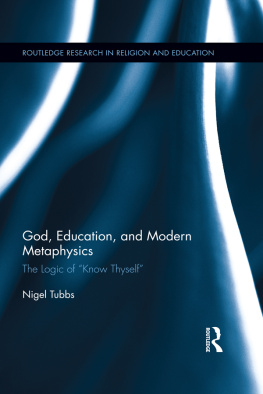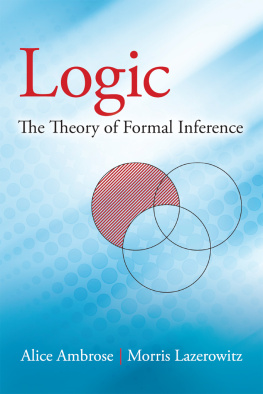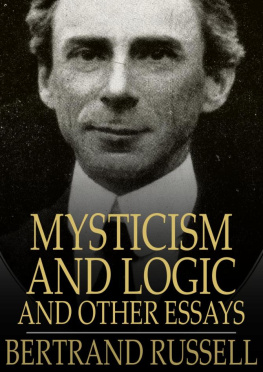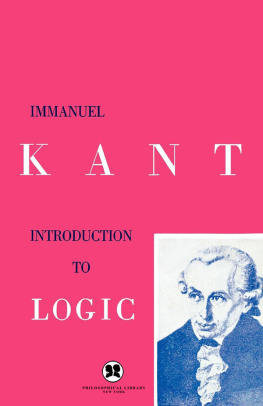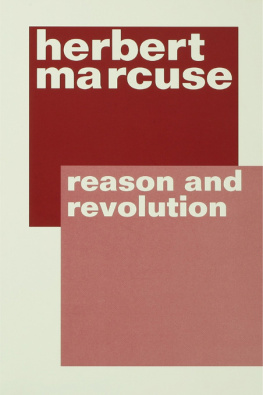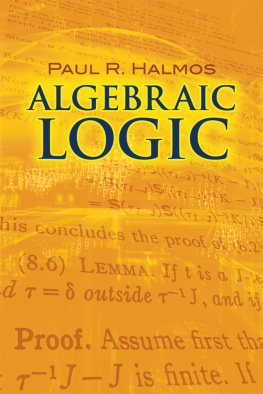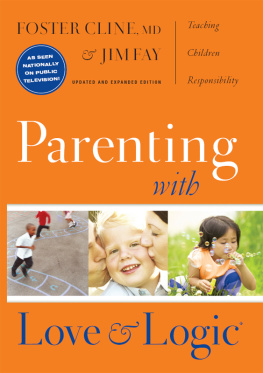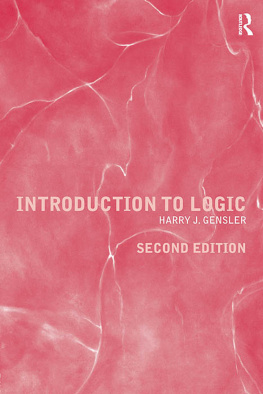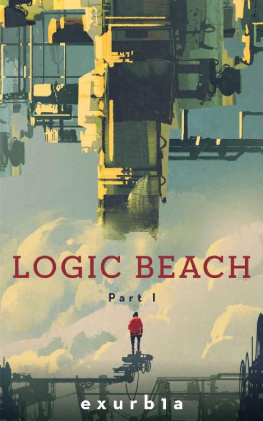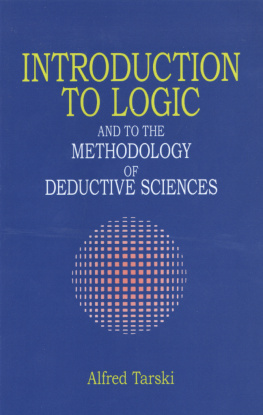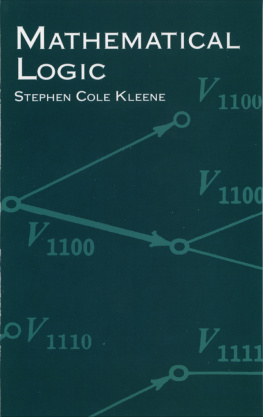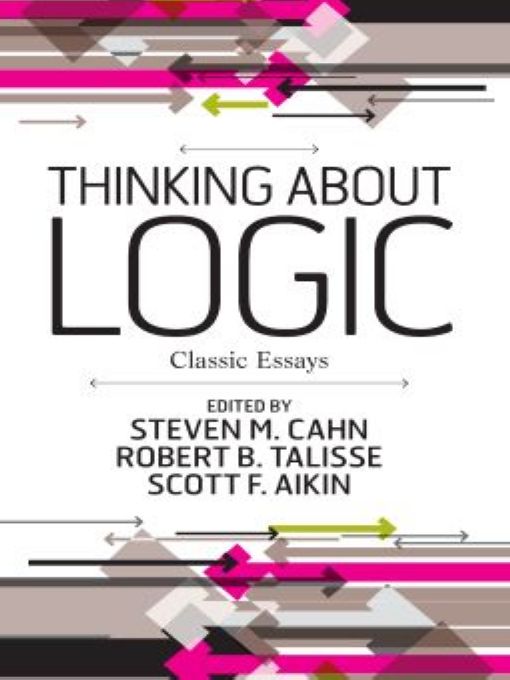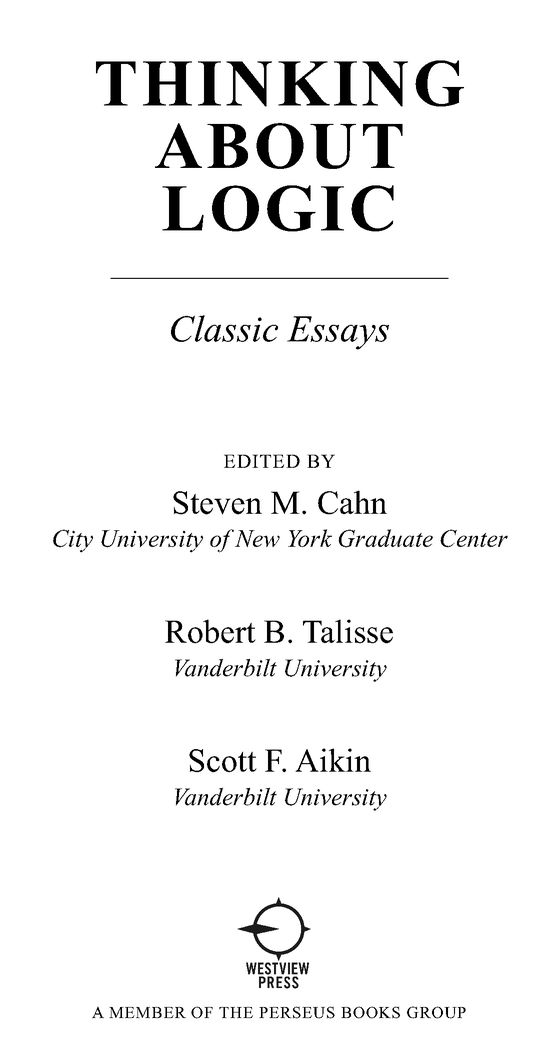Table of Contents
PREFACE
The study of logic raises philosophical questions about knowledge, meaning, rationality, and reality. Most textbooks in the field, however, pass by such matters in order to focus exclusively on principles of formal reasoning and strategies of formal proof. The assumption appears to be that discussion of the larger philosophical themes would be a distraction from the mastery of technique. Yet one can find a number of short, gripping, accessible essays that display the subjects wider significance.
This reader contains fifteen of these classic articles in the philosophy of logic. The collection is usable with any logic textbook and can bring additional perspective to any logic course. The selections have been chosen for their brevity, clarity, and impact. They deepen understanding of fundamental concepts of logic, while displaying connections between logic and other areas of philosophy, including metaphysics, epistemology, philosophy of science, and philosophy of language.
We wish to take this opportunity to thank our editor, Karl Yambert, for his firm support and wise counsel. We also appreciate the kind assistance of the staff at Westview Press.
I
LOGIC AND KNOWLEDGE
If you deduce from two propositions, p and q, a third, r, then presumably you first need to believe s, that p and q imply r. You then also need to believe t, that p, q, and s imply r. And so on. Thus it seems that any inference requires an infinite number of steps.
To reason correctly from premises to conclusion, we need rules of inference. Are they themselves further premises? If so, Lewis Carrolls story of Achilles and the Tortoise demonstrates the inherent regress that develops. W. J. Rees suggests that the apparent regress is a consequence of confusing premises with meta-premises for inference. J. F. Thomson argues that agreeing to rules for inference is implicit in committing to any premise, and so the rules themselves should not be treated as additional premises.
What the Tortoise Said to Achilles
Lewis Carroll
Achilles had overtaken the Tortoise, and had seated himself comfortably on its back.
So youve got to the end of our race-course? said the Tortoise. Even though it does consist of an infinite series of distances? I thought some wiseacre or other had proved that the thing couldnt be done?
It can be done, said Achilles. It has been done! Solvitur ambulando. You see the distances were constantly diminishing; and so
But if they had been constantly increasing? the Tortoise interrupted. How then?
Then I shouldnt be here, Achilles modestly replied; and you would have got several times round the world, by this time!
You flatter meflatten, I mean, said the Tortoise; for you are a heavy weight, and no mistake! Well now, would you like to hear of a race-course, that most people fancy they can get to the end of in two or three steps, while it really consists of an infinite number of distances, each one longer than the previous one?
Very much indeed! said the Grecian warrior, as he drew from his helmet (few Grecian warriors possessed pockets in those days) an enormous note-book and a pencil. Proceed! And speak slowly, please! Shorthand isnt invented yet!
That beautiful First Proposition of Euclid! the Tortoise murmured dreamily. You admire Euclid?
Passionately! So far, at least, as one can admire a treatise that wont be published for some centuries to come!
Well, now, lets take a little bit of the argument in that First Propositionjust
two steps, and the conclusion drawn from them. Kindly enter them in your note-book. And in order to refer to them conveniently, lets call them
A,
B, and
Z:
(A) Things that are equal to the same are equal to each other.
(B) The two sides of this Triangle are things that are equal to the same.
(Z) The two sides of this Triangle are equal to each other.
Readers of Euclid will grant, I suppose, that Z follows logically from A and B, so that any one who accepts A and B as true, must accept Z as true?
Undoubtedly! The youngest child in a High Schoolas soon as High Schools are invented, which will not be till some two thousand years laterwill grant that.
And if some reader had not yet accepted A and B as true, he might still accept the sequence as a valid one, I suppose?
No doubt such a reader might exist. He might say I accept as true the Hypothetical Proposition that, if A and B be true, Z must be true; but, I dont accept A and B as true. Such a reader would do wisely in abandoning Euclid, and taking to football.
And might there not also be some reader who would say I accept A and B as true, but I dont accept the Hypothetical?
Certainly there might. He, also, had better take to football.
And neither of these readers, the Tortoise continued, is as yet under any logical necessity to accept Z as true?
Quite so, Achilles assented.
Well, now, I want you to consider me as a reader of the second kind, and to force me, logically, to accept Z as true.
A tortoise playing football would be Achilles was beginning
an anomaly, of course, the Tortoise hastily interrupted. Dont wander from the point. Lets have Z first, and football afterwards!
Im to force you to accept Z, am I? Achilles said musingly. And your present position is that you accept A and B, but you dont accept the Hypothetical
Lets call it C, said the Tortoise.
but you
dont accept
(C) If A and B are true, Z must be true.
That is my present position, said the Tortoise.
Then I must ask you to accept C.
Ill do so, said the Tortoise, as soon as youve entered it in that note-book of yours. What else have you got in it?
Only a few memoranda, said Achilles, nervously fluttering the leaves: a few memoranda ofof the battles in which I have distinguished myself!
Plenty of blank leaves, I see! the Tortoise cheerily remarked. We shall need them
all! (Achilles shuddered.) Now write as I dictate:
(A) Things that are equal to the same are equal to each other.
(B) The two sides of this Triangle are things that are equal to the same.
(C) If A and B are true, Z must be true.
(Z) The two sides of this Triangle are equal to each other.
You should call it D, not Z, said Achilles. It comes next to the other three. If you accept A and B and C, you must accept Z.
And why must I?
Because it follows logically from them. If A and B and C are true, Z must be true. You dont dispute that, I imagine?
If A and B and C are true, Z must be true, the Tortoise thoughtfully repeated. Thats


